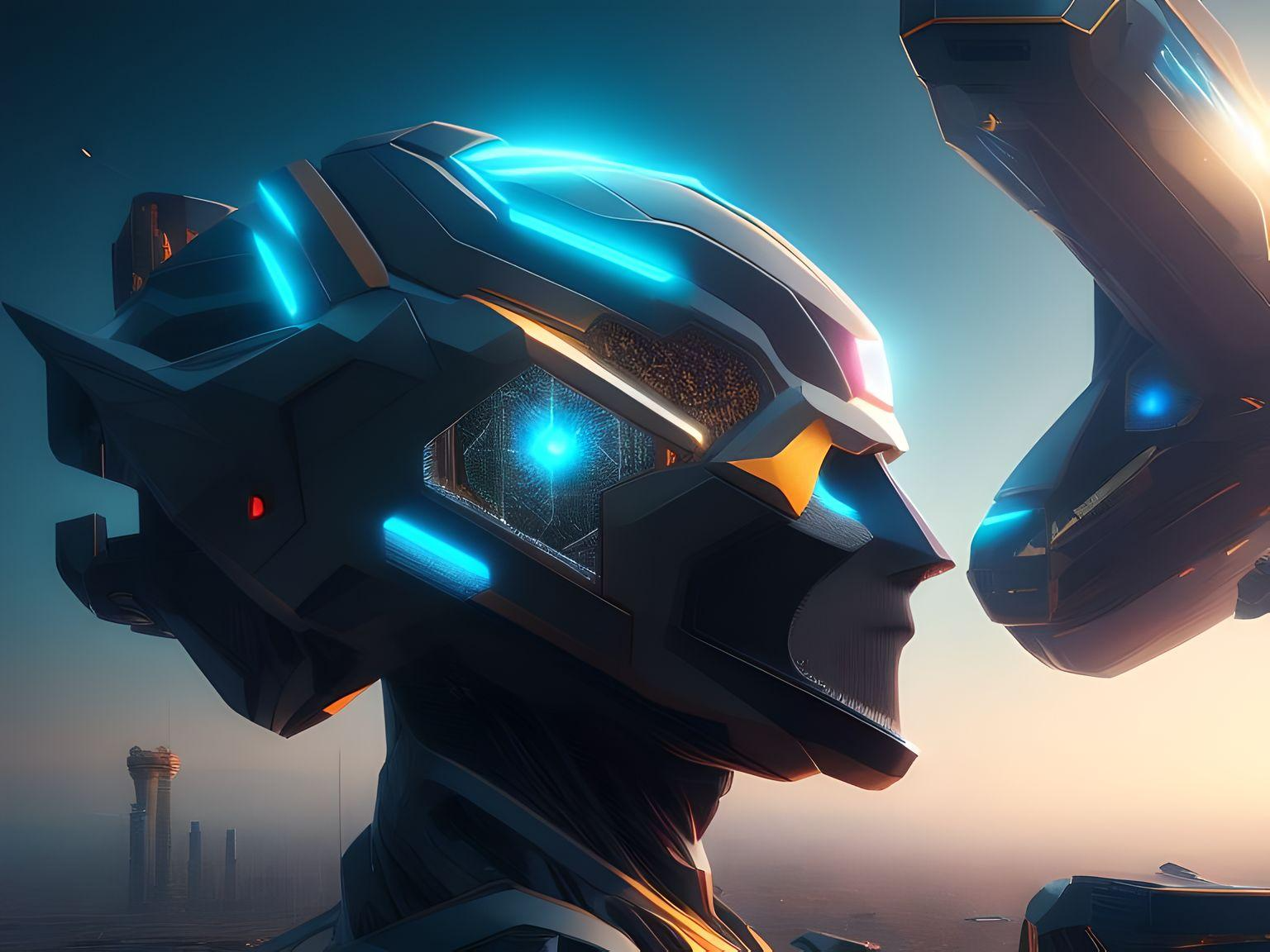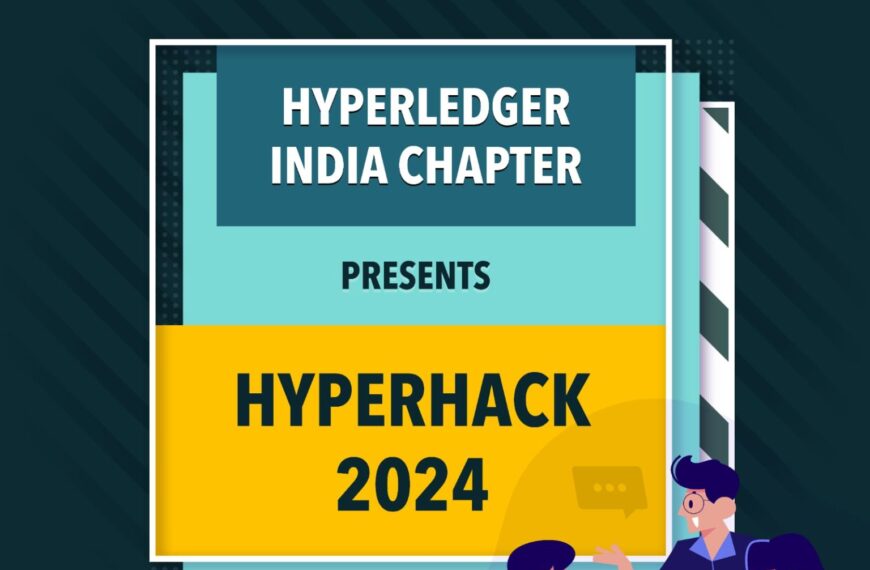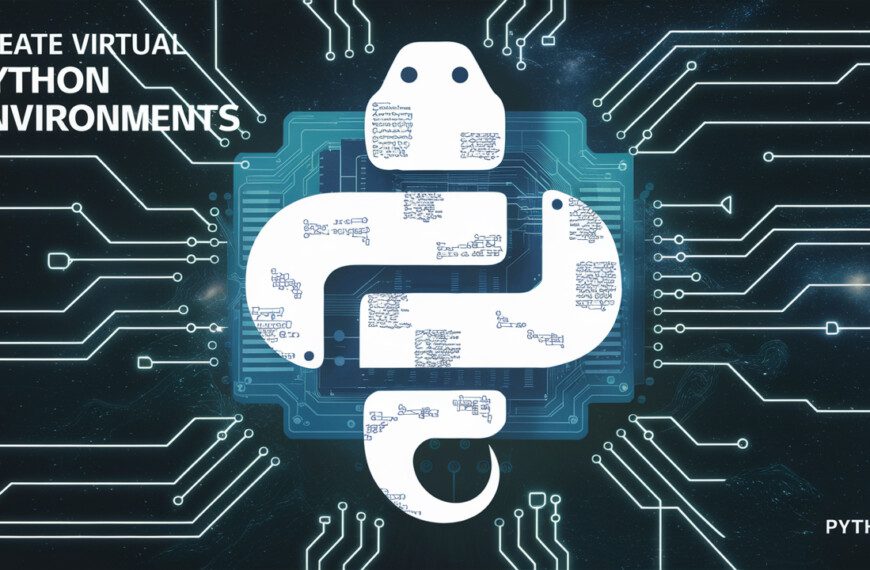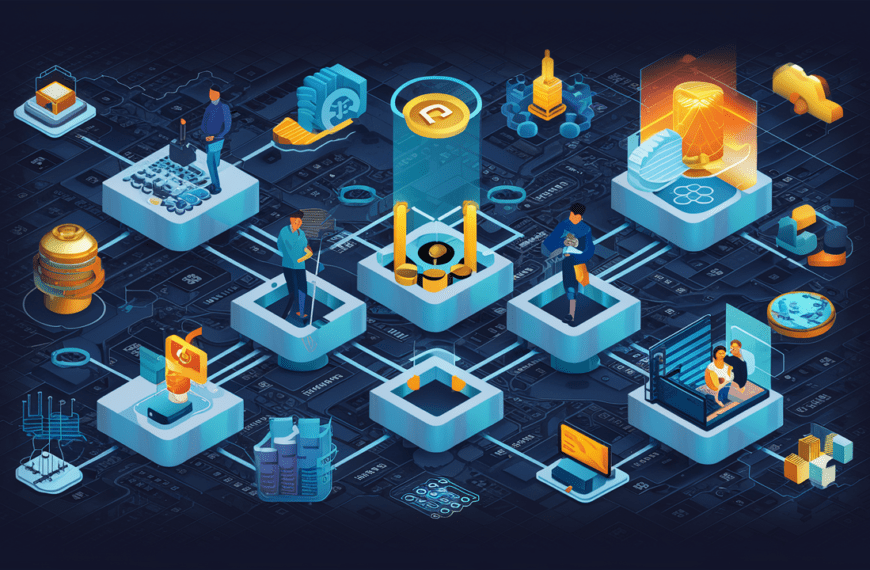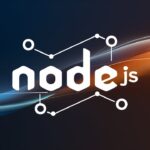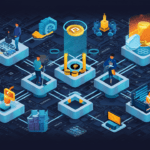The digital realm, once governed by centralized authorities, is undergoing a profound transformation. The transition from Web2 to Web3 marks a paradigm shift that holds the potential to reshape how we interact with the internet, our data, and each other. But as technology advances, so do the challenges it poses. Web3 is the next phase of the internet’s evolution, poised to revolutionize the digital landscape as we know it. In this exploration, we’ll journey through the evolution from Web2 to Web3, unveiling the shortcomings of the current internet and the exciting promises of the decentralized future.
The digital world has evolved by leaps and bounds since the inception of the internet. From the static pages of the early days to the interactive platforms we know today, the internet, often referred to as Web2, has transformed the way we communicate, share, and access information.
Web2: Limitations in a Centralized Landscape
Web2, or the second generation of the web, has undoubtedly brought us closer together, enabling us to connect with friends, family, and the world at large. However, it has its limitations. Centralization is at the heart of Web2, where data is stored on centralized servers controlled by few entities. This gives rise to concerns about data privacy, censorship, and security breaches. Our personal information often becomes a commodity. The question arises: Is there a way to empower individuals while maintaining the network’s utility?
From the limitations of Web2 to the promise of a decentralized internet with #Web3. Dive into the evolution that’s reshaping our digital world! 🌐✨ #Blockchain #Decentralization
Use for your tweet
Question for You: How comfortable are you with the idea of your personal data being controlled and monetized by centralized entities?
The Dawn of Web3: Decentralization, Ownership, and Privacy
Web3 is a vision for the future of the internet that addresses these limitations head-on. At its core, Web3 introduces the tenets of decentralization, user ownership of data, and enhanced privacy. Decentralization shifts control away from single entities, putting it in the hands of a distributed network. It envisions a decentralized internet ecosystem where users are no longer passive consumers but active participants. It’s about reclaiming control over your data, your online identity, and your digital interactions. So, what sets Web3 apart?
Question for You: Can you envision a decentralized internet that places your data back in your control?
Decentralization:
At the heart of Web3 lies the concept of decentralization. Instead of relying on central servers, information is stored across a network of nodes, making it nearly impossible for a single entity to control or manipulate data. This shift empowers users to take ownership of their online presence, democratizes decision-making and minimizes the risk of single points of failure.
Distributed Ledger Technology (DLT):
Blockchain, also sometimes referred as Distributed Ledger Technology, plays a pivotal role in Web3. Imagine a tamper-proof, transparent digital ledger where every transaction is recorded across a network of computers. This technology underpins the trust and security that Web3 thrives upon.
Smart Contracts:
Smart contracts are self-executing contracts with the validations and conditions directly written into code, that automate actions (processes and transactions) when predefined conditions are met. Think of them as digital trust, which eliminates need for intermediaries and reduce the risk of manipulation. This innovation promises efficiency, transparency, and accountability.
Question for you: Can you envision a world where your online interactions are secure, private, and free from intermediaries?
Tokenization:
Tokens are the building blocks of Web3. They can represent ownership, access rights, or even represent real-world assets. This concept of tokenization introduces new possibilities from fractional ownership to unlocking liquidity, and for the seamless exchange of value, assets, and services. They range from digital currencies to unique digital items.
Question for you: How might smart contracts and tokenization redefine business interactions and ownership rights?
The Web3 Promise and Challenges Ahead
The evolution from Web2 to Web3 represents a paradigm shift in how we perceive and interact with the digital realm. It’s a call to action for users to demand control over their data, and for developers to innovate with privacy and security as the guiding principles. The Web3 promise is captivating, but it’s not without challenges. Scalability, interoperability, regulatory hurdles, and user adoption remain significant obstacles. However, as history has shown, innovation often thrives in the face of adversity. As we move forward, the promise of Web3 becomes even more exciting when harnessed to create a fairer, freer, and more inclusive internet.
Survey:
Before we conclude, we invite you to participate in a brief survey to gauge your thoughts on the future of the internet and your preferences for privacy and data ownership.
Click here to participate in the survey.
Your input will help us better understand the community’s perspective on the transformative journey towards Web3.
Conclusion
Web3 is not just about technology; it’s a movement that challenges the status quo and empowers individuals in the digital age. In the grand narrative of human progress, the transition from Web2 to Web3 marks a significant chapter. The digital future holds immense potential for reshaping industries, personal freedoms, and societal structures. As we journey toward a decentralized internet, we find ourselves at the intersection of empowerment and responsibility. This shift from centralization to decentralization, coupled with the foundational concepts of Web3, ushers in a new era of internet evolution—one where you’re not just a user, but a participant shaping the future of the web.
Question for you: How do you see your role in shaping the future of a decentralized internet? Are you ready to be part of the evolution?
Disclaimer: The information and opinions presented in this blog are for educational and informational purposes only. The reader’s own research and due diligence are encouraged before making any decisions.

